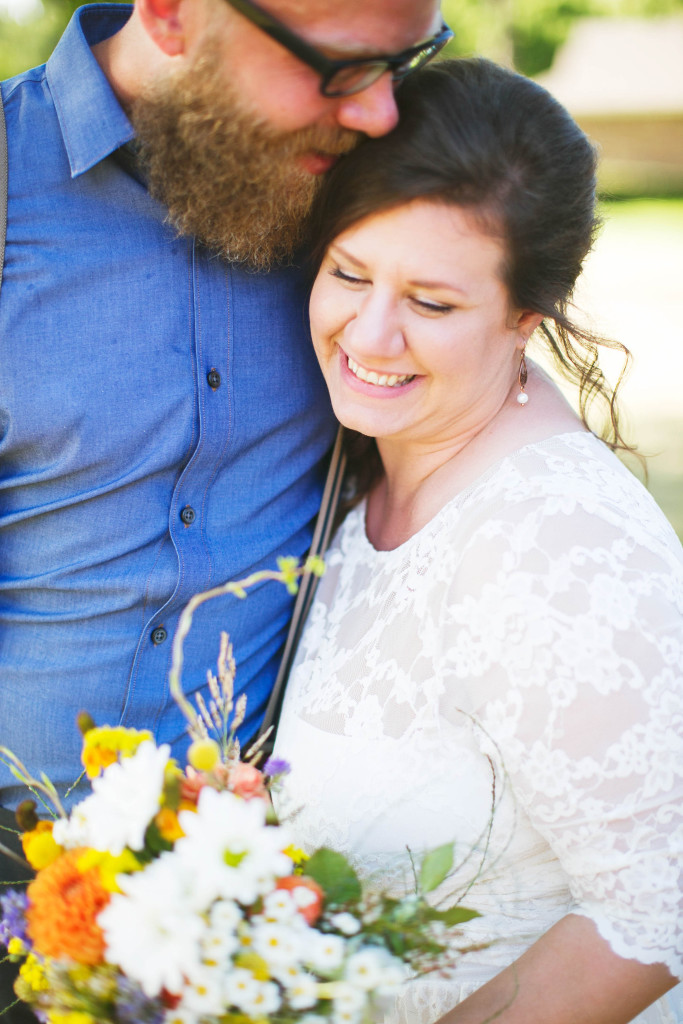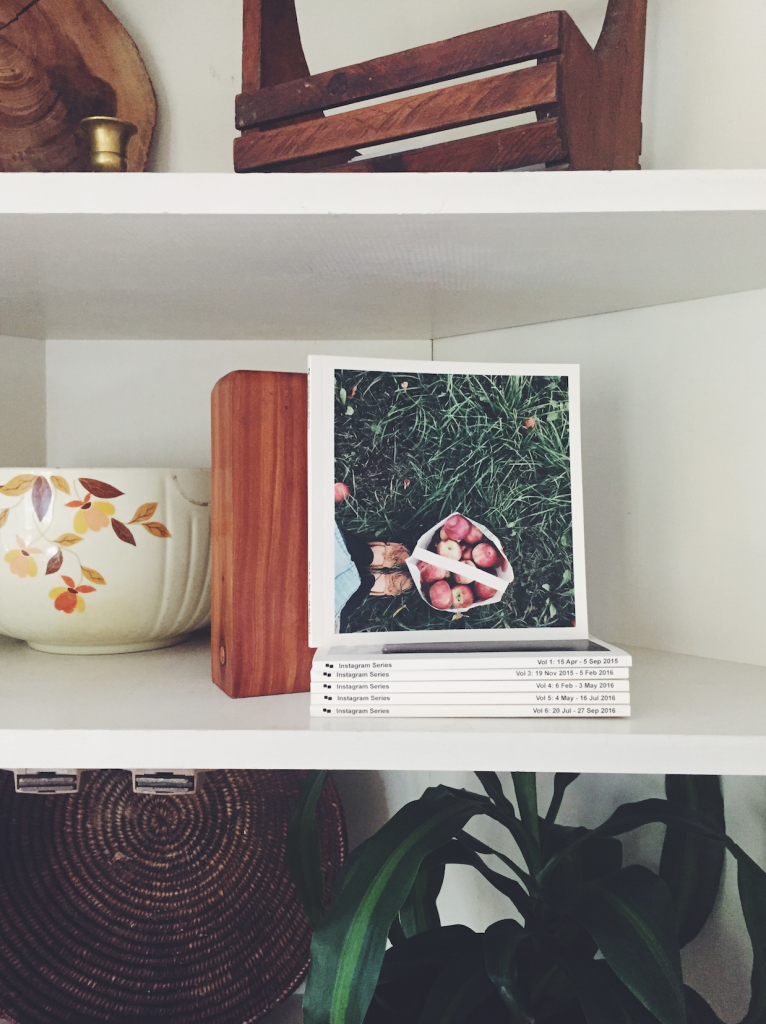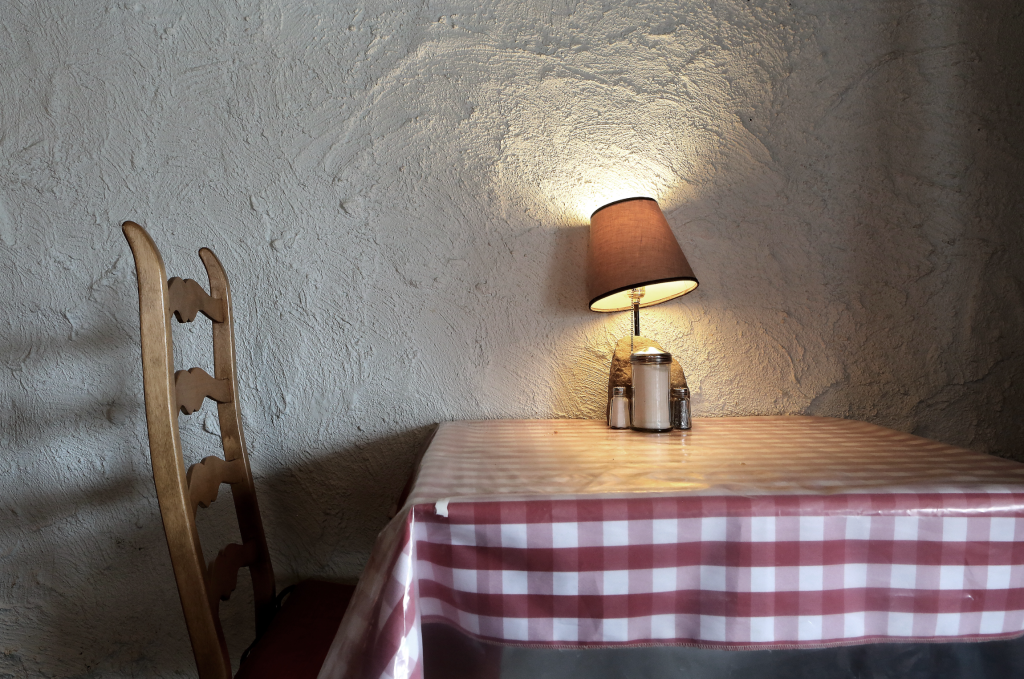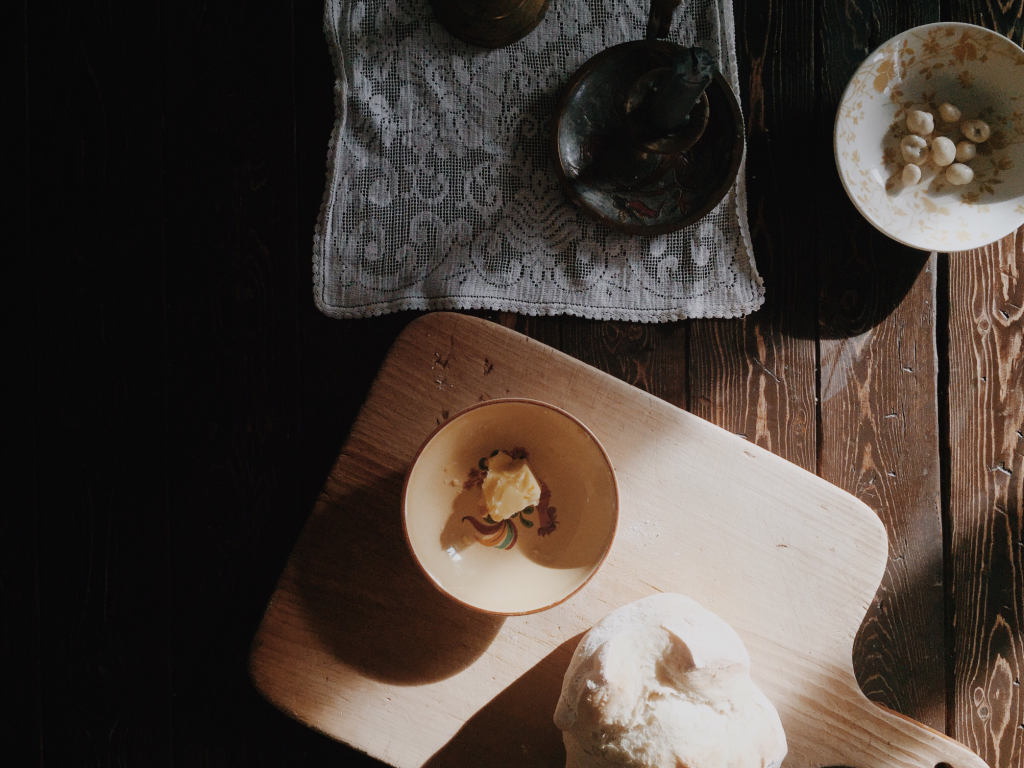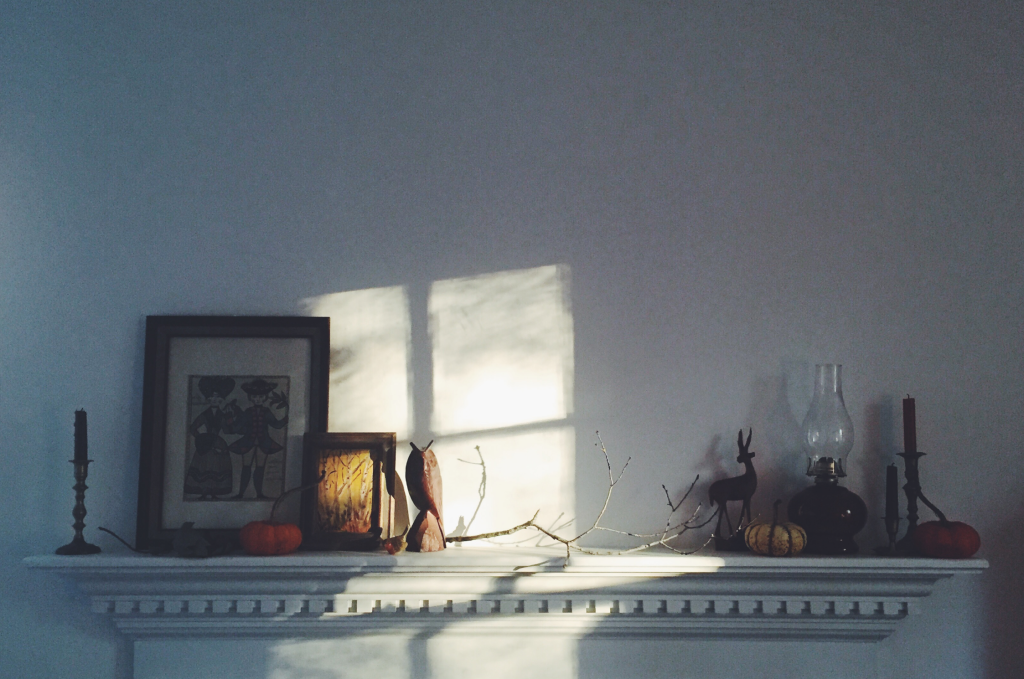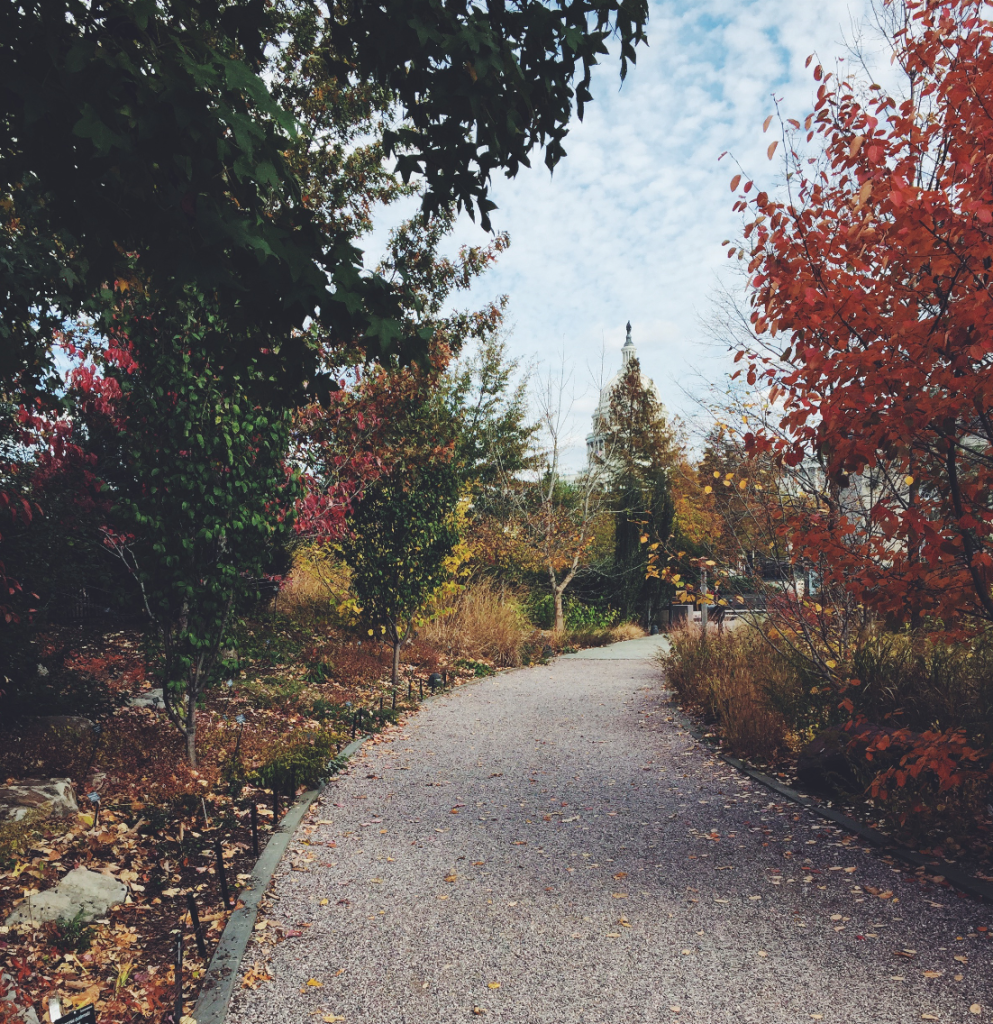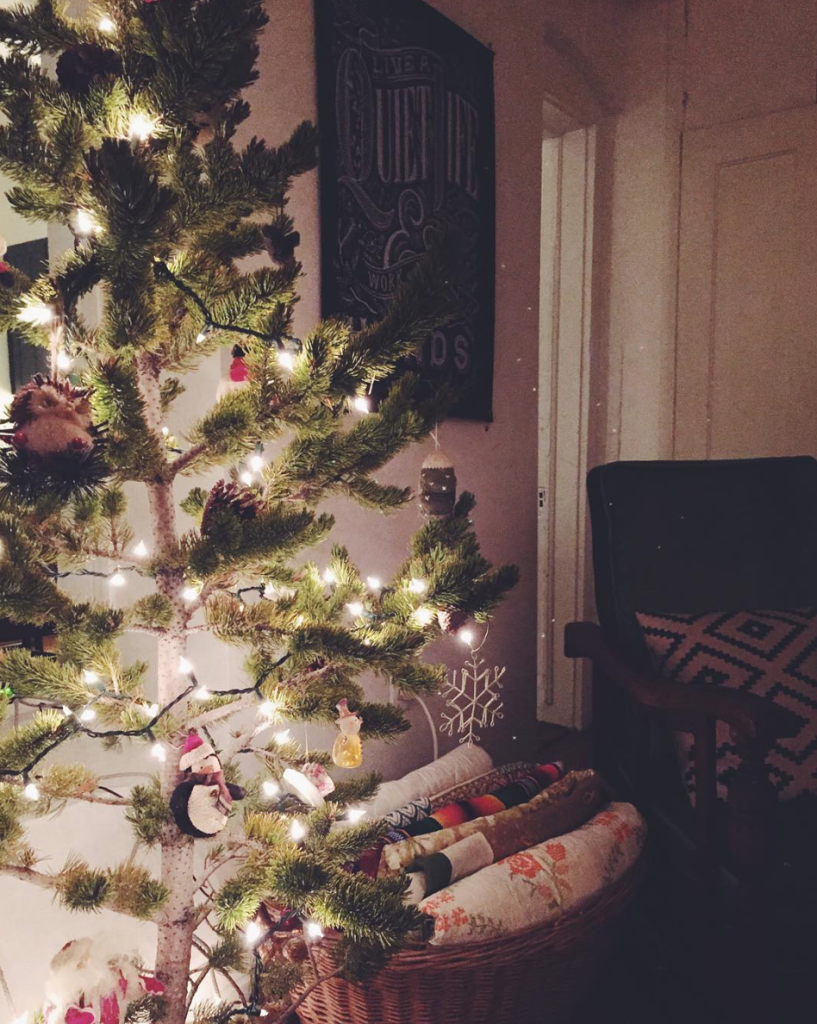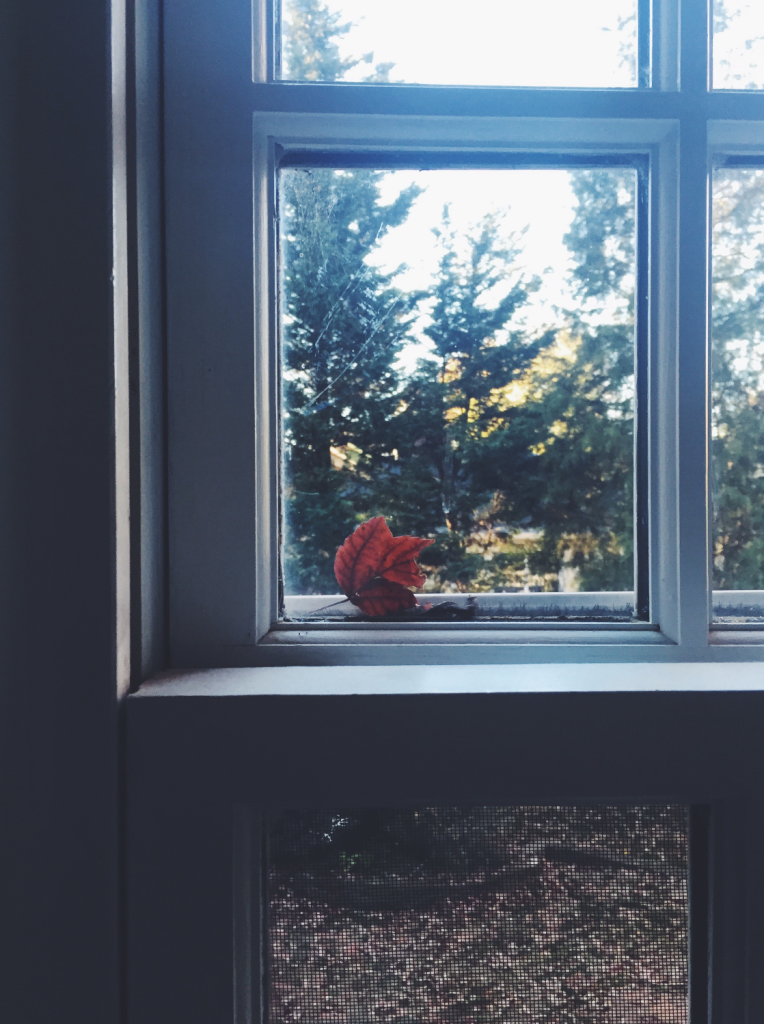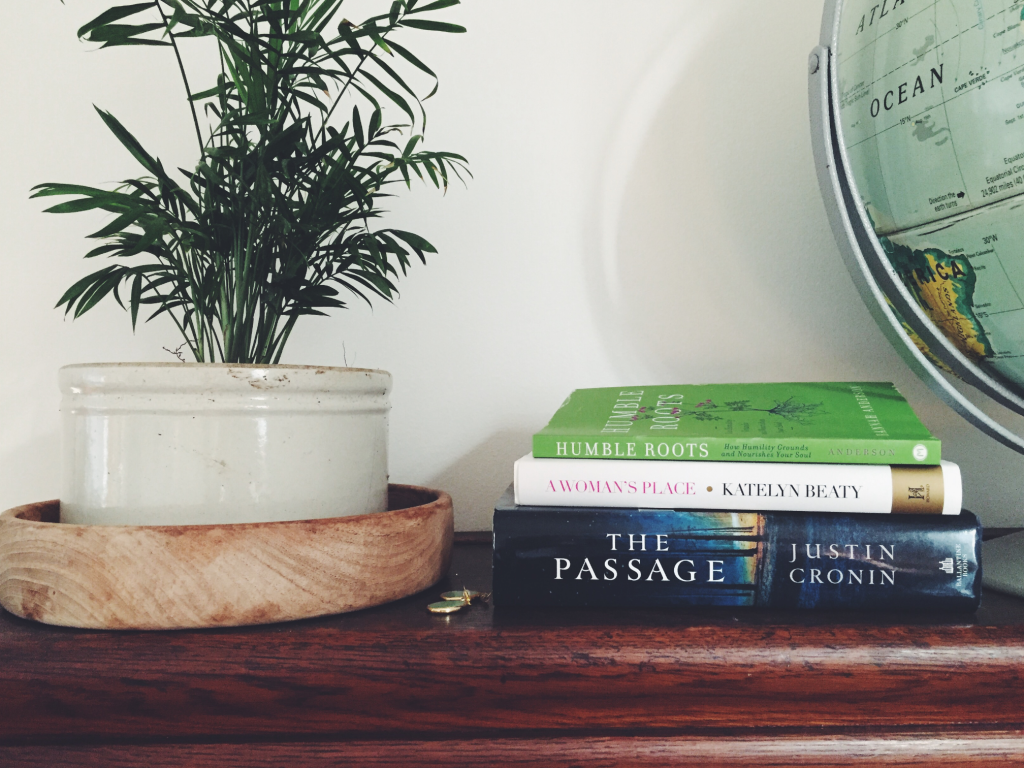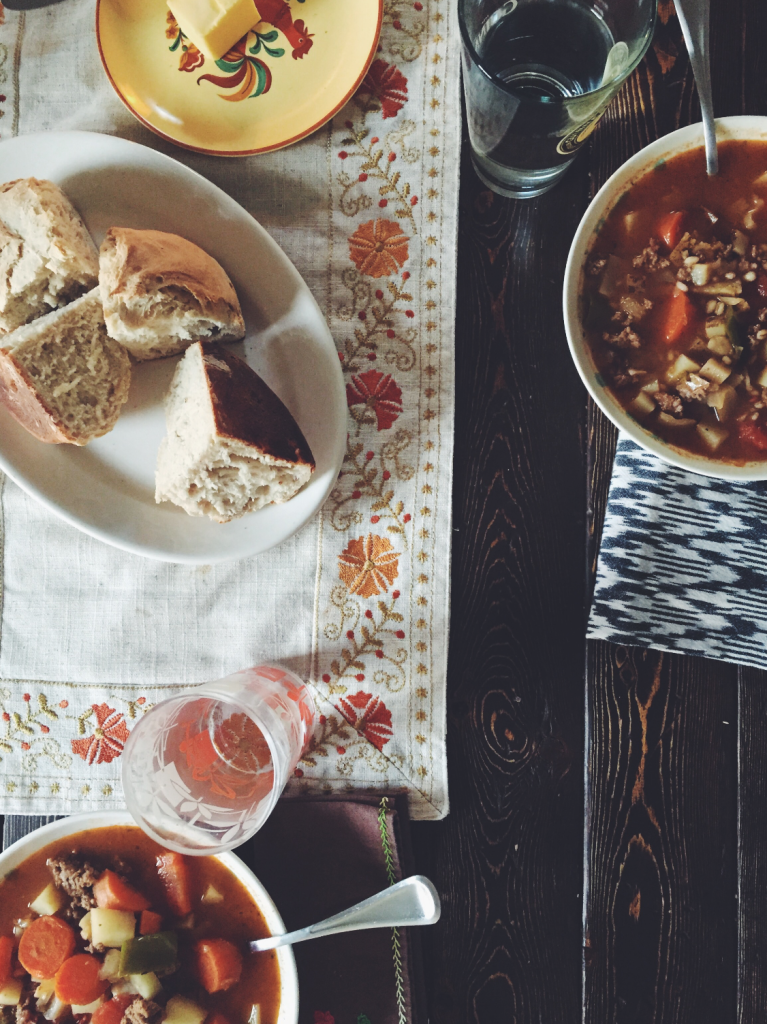Making New Friends, Keeping Old Ones // Challenges for the newly married
This is part of a series I'm doing this week on challenges for the newly married
Before I got married, I'd get questions from my single sisters often that went something like this, "My friend recently got married and now it seems like she has no time for me! What do I do?" My answer was always along the lines of, "If you value the friendship, and I hope you do, recognize the massive life change she is undergoing, and be patient. There will come a time, sooner than she thinks, that she realizes this wonderful, amazing man she's knit herself to for life, doesn't fill every need when it comes to relationships. She needs female friendship, and she will want it again soon, and hopefully if your friendship before marriage was the sort that there was an equal give and take, she will want it with you soon." I know it feels a bit like rainy-day friendship, but true friendship will weather that torrential storm. I hope my friends have the same grace for me.
There are, I think, two main challenges for the newly married when it comes to friendships:
1. Keeping your own friends
This has been a real challenge for us. Partially affected by our two moves, but also because our individual friends were our own. We each have long histories with them. Now, in marriage, there are twice the amount of relationships to maintain and only one unit of us. We simply cannot maintain the double relational energy it takes to maintain all the friendships there are between the two of us—particularly because both of us have lived all over world and we met one another in our mid-late-thirties—that's a lot of friendships all over the place to try to maintain well. It's impossible for mere humans, and so we have had to step back from some friendships. It feels horrible to be the person on the other side of that equation, and I have been there dozens of times myself. It isn't meant to be mean, it is simply the limitations of our human-ness pressing up against the expectations of others. I cannot have long and rambling phone calls or text messages at 11pm anymore. I don't book tickets to a wedding halfway across the country anymore. I don't spend weeks away from home on road-trips anymore. Disappointing others will happen because I am saying "Yes" to my husband and home and "No" to many other things and people, and Nate is doing the same.
There are a few friends where our friendship has changed, but our friendship is maintained. The number is simply smaller than it ever has been before, and in some ways, some of those friendships have grown or diminished even since marriage. Things change. People change. Friendships change. It doesn't change the value of what was had before though, and if you're still single or newly married, I'd encourage you to not grow bitter or feel ashamed of this reality. Sometimes some friendships are only for a season.
2. Making new friends together
Before marriage I had this idea that married friendship looked a lot like two guy best friends and two girl best friends hanging out for all hours of the night. They had all sorts of inside jokes and there was a comfortable familiarity among all of them together that was the glue holding their friendship together. The truth is more like this: two or three of the four have great chemistry, and the other(s) is left feeling on the outside of something that seems very much like they should be inside it.
We all learn early on in life that not everyone has to be friends with everyone. There is a natural sort of chemistry to friendship, an attractiveness not based on physicality, but on camaraderie. Similar ways of joking or similar interests, alike histories or worldviews. These sort of things are present in every close friendship, and I've experienced them with both men and women alike. These are the sort of friendships where you can not see one another for a year and pick right back up where you left off. But when you have four people in the equation now, it becomes more complicated. Now you have four personalities at play, and all four are non-negotiable parts of this new relationship. It becomes very, very difficult to retain friendships in which your friend and your spouse, or you and their spouse, don't have that chemistry. It becomes a chore to spend time with them instead of a joy—and that is very difficult on a marriage. There's nothing inherently wrong with any one person here, or wrong with any one friendship, it is just not as natural as it once was, or not as natural as you'd like it to be in new friendships.
We have not learned this well together in our marriage, our closest friends are still the ones we had before marriage, and we have struggled to make new friends together. Part of that is, again, the two moves, but I think it's common in marriage and has only been exacerbated by the moves. I simply keep reminding myself that right now I am learning deep friendship with my husband—an opportunity we didn't have before marriage. But someday, we will have to learn to make friends together with other couples, and unless God blesses us with perfect chemistry with all parties, it will involve sacrifice on someone's part.
. . .
I thought it would be good to share a personal story of how someone is wrestling through this in the present. Below is a story from a friend of mine, Liana Hull, who got married a year ago. She is in her early twenties and I got the chance to sit across from her and hear more of her heart and story last month.
When my husband and I started dating, a friend of mine became bitter and jealous, ruining much of dating and being engaged for us. I let that jealousy and bitterness steal my joy and the situation became a constant source of worry on my part. After a few months of marriage and recovering from an emotionally tumultuous engagement season, I came to realize that I needed to just let her go. And it broke my heart. Losing such a close friend because of jealousy that I could not appease really, really broke me. A deep sadness took over my heart and mind and I struggled. For a few months, every day was hard. Choosing to feel joy in this season of life has been really difficult. Becoming verbal about my happiness has been surprisingly difficult in marriage as well, because I don't want to alienate further.
I would also add that having every relationship in my life change post-marriage (which is good and right), plus a deep insecurity that everything I do would cause someone to be jealous is lethal combination. It paralyzed me emotionally and I become very isolated. One of my pastors encouraged me to just pray "Lord, work in my life and work in [my friend's]" every time I thought of her and it helped me get my mind/heart beyond my own fears and paranoias about relationships in my life. Simple, genuine, regular prayers (I probably prayed that 15+ times in a day for a month or two) really changed the way I thought about our friendship, and all relationships in my life.
. . .
The challenge for the newly married of making new friends and keeping the old ones is a real one. Don't feel guilty for being unable to maintain all your old friendships or for struggling in making new friendships together. The other day I was close to tears with Nate saying how much I miss our friends and how I'm afraid we'll never be settled enough to have close community like that again, and he comforted me with the truth that we are being faithful and having open hands, and it can look different than it looked before and not be any less good. God actually doesn't promise any of us friendship in this world, but He does promise to put the lonely in families.
My prayer for us newly married sisters, is that instead of growing hard to the possibility, we would be made soft in the probability, that we would have hope like an anchor in the reality that Christ calls us His friends, even if no one else does.

